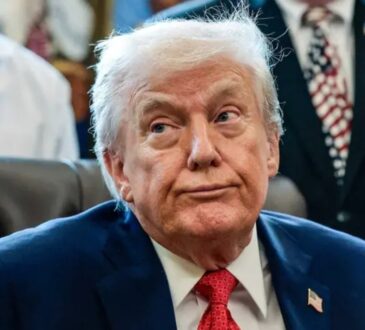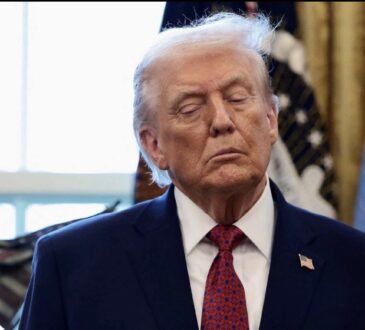
Former President Donald Trump and his administration faced three major legal defeats all on the same day, Friday. These rulings came from different federal judges and involved separate issues: punishing people at the International Criminal Court (ICC), limiting funding for research, and a copyright case about a book written by journalist Bob Woodward.
First, a judge stopped Trump’s executive order that put sanctions on people working at the ICC—especially those investigating actions by the U.S. or its allies like Israel. The judge said the order was too extreme and unfairly limited free speech. One of the people affected by the sanctions was a British prosecutor named Karim Khan, who was added to a U.S. blacklist in February. That meant he couldn’t do business with Americans or enter the U.S.
In a second case, another judge in Massachusetts ruled that the Trump administration didn’t have the authority to cap certain types of research expenses at the Pentagon. The government had tried several times to put a 15% limit on what it would cover for overhead costs in federally funded research, but each time, courts said it was illegal. The judge criticized the administration for repeatedly pushing the same rule without following legal procedures or addressing past rulings.
The third loss came in New York, where Trump had sued Bob Woodward over his 2022 book *The Trump Tapes*. The book was based on 20 interviews Trump gave between 2016 and 2020. Trump claimed that using those recordings without further permission violated his rights. But the judge disagreed, saying Trump likely couldn’t prove that he owned the copyright to those interviews or that Woodward broke the law by publishing them.
These legal setbacks come as Trump continues to push his political agenda with only a slim Republican majority in Congress. Many of his policies have been slowed down or blocked by the courts. In the past, judges have halted other efforts by his administration, like closing the U.S. Agency for International Development or banning transgender people from serving in the military—although the Supreme Court later allowed the military ban to move forward temporarily.
As for what’s next, these rulings may lead the Trump team to try pushing more cases to the Supreme Court, which has more conservative-leaning justices. But for now, these losses represent major roadblocks to his plans.




